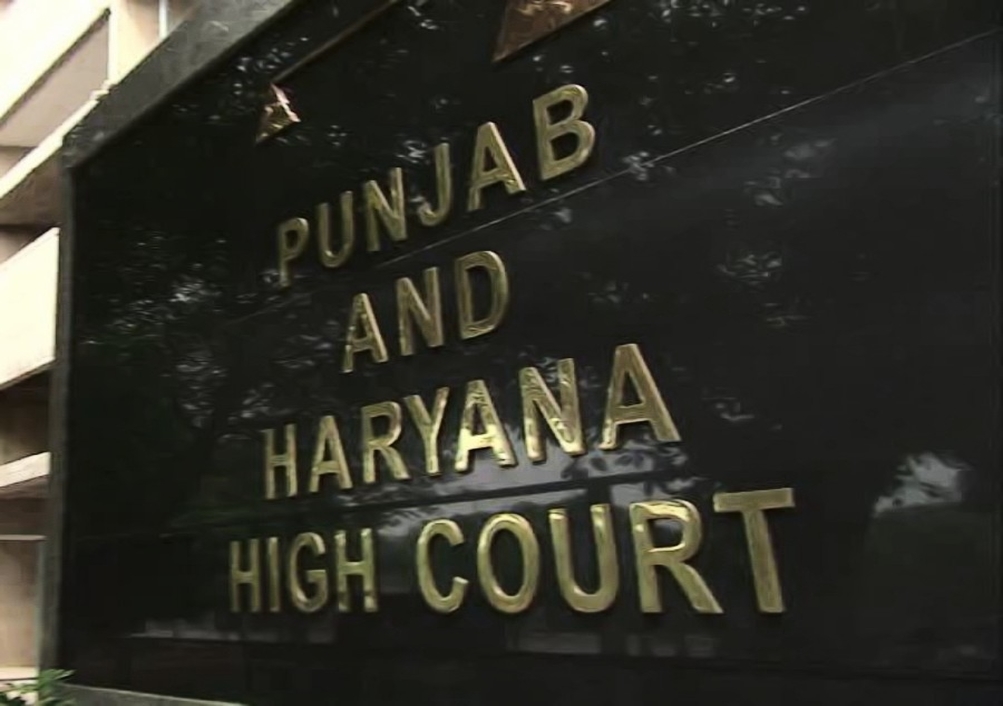In LPA No. 1324 of 2018 (O&M)-PUNJ HC- Bank cannot be placed at better pedestal than normal litigant and it should be more diligent regarding litigation it has to pursue: P&H HC Justices G.S. Sandhawalia & Vikas Suri [01-06-2022]

Read Order: The Yamuna Nagar Central Cooperative Bank v. Anita Rani and Others
Monika Rahar
Chandigarh, June 22, 2022: The Punjab and Haryana High Court has held that a bank cannot be placed at a better pedestal than a normal litigant and it should be more diligent regarding the litigation it had to pursue.
Also, while pointing that the delay in filing in the appeal would unsettle the right accrued to the legal representatives of the deceased writ-petitioner, the Division Bench of Justices G S Sandhawalia and Vikas Suri opined that the appellant was negligent in pressing its legal remedy and the legal representatives of the deceased-employee cannot be foisted to defend the belated litigation.
Primarily, in this case, a writ petition was filed by an employee praying for the revision of his pay for the period he was in service from January 01, 1996 till May 03 2002, which was declined to him only on account of the fact that there were disciplinary proceedings pending against him. Eventually, the employee was dismissed.
As per the case of the appellant-bank, it passed a resolution to give the amount to the writ petitioner but she refused to deduct the amount of recovery. Therefore, the bank was pushed into placing the matter, again, before the meeting of the Board of Directors meeting and consequently, a resolution was passed to file the appeal before the High Court.
The appeal was filed after a delay of 434 days. Hence, an application for the condonation of such delay in filing an appeal impugning the judgment of the Single Judge, was filed before the High Court.
The respondent opposed the said application on the ground that no sufficient cause was made out and the appeal was barred by limitation.
The delay was sought to be justified on the ground that the Bank on the ground that it had to put the matter before the Board of Directors after the employee-writ petitioner refused to pay the sum recoverable from her.
Contrary to this justification, the first respondent argued that neither the appellant placed on record any documents, resolution nor minutes of the meeting to explain the delay.
The Court was also of the opinion that no necessary details were given as to when the meeting was held or resolution was passed.
Even otherwise, the Court observed that the relief which was prayed for before the Single Judge was for revision of the pay for the period the employee was in service from January 01, 1996 till May 03, 2002, which was declined to him only on account of the fact that there were disciplinary proceedings pending against him.
The Court held that eventually, the employee was dismissed but for the period he remained in service, the benefit of revision could not have been denied to him.
Also, it came to the forefront that the employee died in March of 2011 and during his lifetime as such, apparently no effort was made to recover the amount due from him.
In such circumstances, keeping in view the fact that there was a considerable delay as such which was not properly explained, the Court was of the considered opinion that the appellant was negligent in pressing its legal remedy and the legal representatives of the deceased-employee could not be foisted to defend the belated litigation.
Additionally, the Bench asserted that the bank cannot be placed at a better pedestal than a normal litigant and it should have been more diligent regarding the litigation it had to pursue.
Accordingly, the condonation application along with the main appeal was dismissed.
Sign up for our weekly newsletter to stay up to date on our product, events featured blog, special offer and all of the exciting things that take place here at Legitquest.




Add a Comment